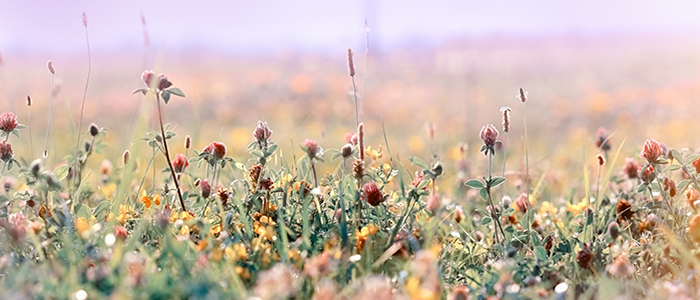[vc_row][vc_column][vc_empty_space][/vc_column][/vc_row][vc_row][vc_column][vc_single_image image=”57268″ img_size=”full” alignment=”center”][/vc_column][/vc_row][vc_row][vc_column width=”1/2″][vc_single_image image=”56090″ img_size=”full” add_caption=”yes” alignment=”center”][/vc_column][vc_column width=”1/2″][vc_column_text]
November 16, 2021
Julie Shortridge is an assistant professor and extension specialist in the Department of Biological Systems Engineering at Virginia Tech. Her research focuses on making water resource systems more sustainable, robust, and resilient through the use of systems engineering methodologies, machine learning, simulation, and statistical modeling. In particular, she is interested in how complex water resource systems with engineered, natural, and human components can be proactively managed to address changes in climate, land use, and environmental policies over the short- and long-term. Shortridge is also interested in refining traditional methods for risk assessment and management so that they are better suited to emerging, “wicked” challenges such as climate change, invasive species, and emerging diseases.[/vc_column_text][/vc_column][/vc_row][vc_row][vc_column][vc_column_text]Before joining the Global Change Center community, Shortridge completed her undergraduate research in Environmental Engineering Science at the University California, Berkeley, a Master’s in Engineering from Johns Hopkins University, followed by a Ph.D. in Geography and Environmental Engineering from Johns Hopkins. Prior to conducting her graduate studies, she spent six years working as an engineer focused on groundwater contamination and remediation, and as a consultant for the United Nations Environment Program on disaster preparedness.
During her time at Virginia Tech, Shortridge has collaborated with a number of GCC Affiliates including Drs. Anamaria Bukvic and Ryan Calder, who were recently part of a multi-institution study examining the current and future impacts that climate change will have on coastal lands and cities. Their Journal of Marine Science and Engineering article calls for improved communication efforts among scientists, stakeholders, policy makers, and minority and poor residents.[/vc_column_text][/vc_column][/vc_row][vc_row][vc_column width=”1/2″][vc_single_image image=”58823″ img_size=”full” add_caption=”yes” alignment=”center”][/vc_column][vc_column width=”1/2″][vc_single_image image=”58825″ img_size=”full” add_caption=”yes” alignment=”center”][/vc_column][/vc_row][vc_row][vc_column][vc_column_text]Shortridge is also active in Virginia Cooperative Extension work, leading the Water, Irrigation, and Drainage section. Her efforts through extension programming include creating helpful resources for Virginia agricultural producers and water managers, and workshops (see video below).
For more information about Shortridge’s work, visit the Water Systems Lab.[/vc_column_text][/vc_column][/vc_row][vc_row][vc_column][vc_video link=”https://www.youtube.com/watch?v=IdA0RhYwZ9c” align=”center” title=”Virginia Cooperative Extension Agriculture Today: Irrigation Tips for Row Crops”][/vc_column][/vc_row][vc_row][vc_column][vc_separator style=”shadow”][/vc_column][/vc_row][vc_row][vc_column][/vc_column][/vc_row]

